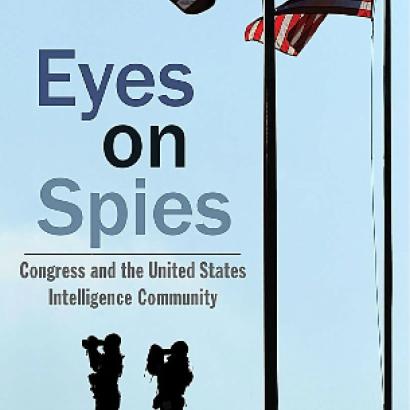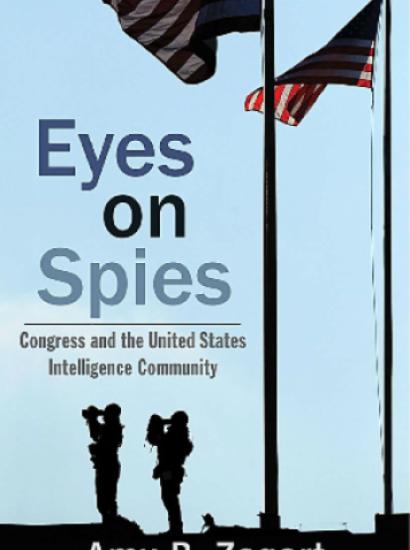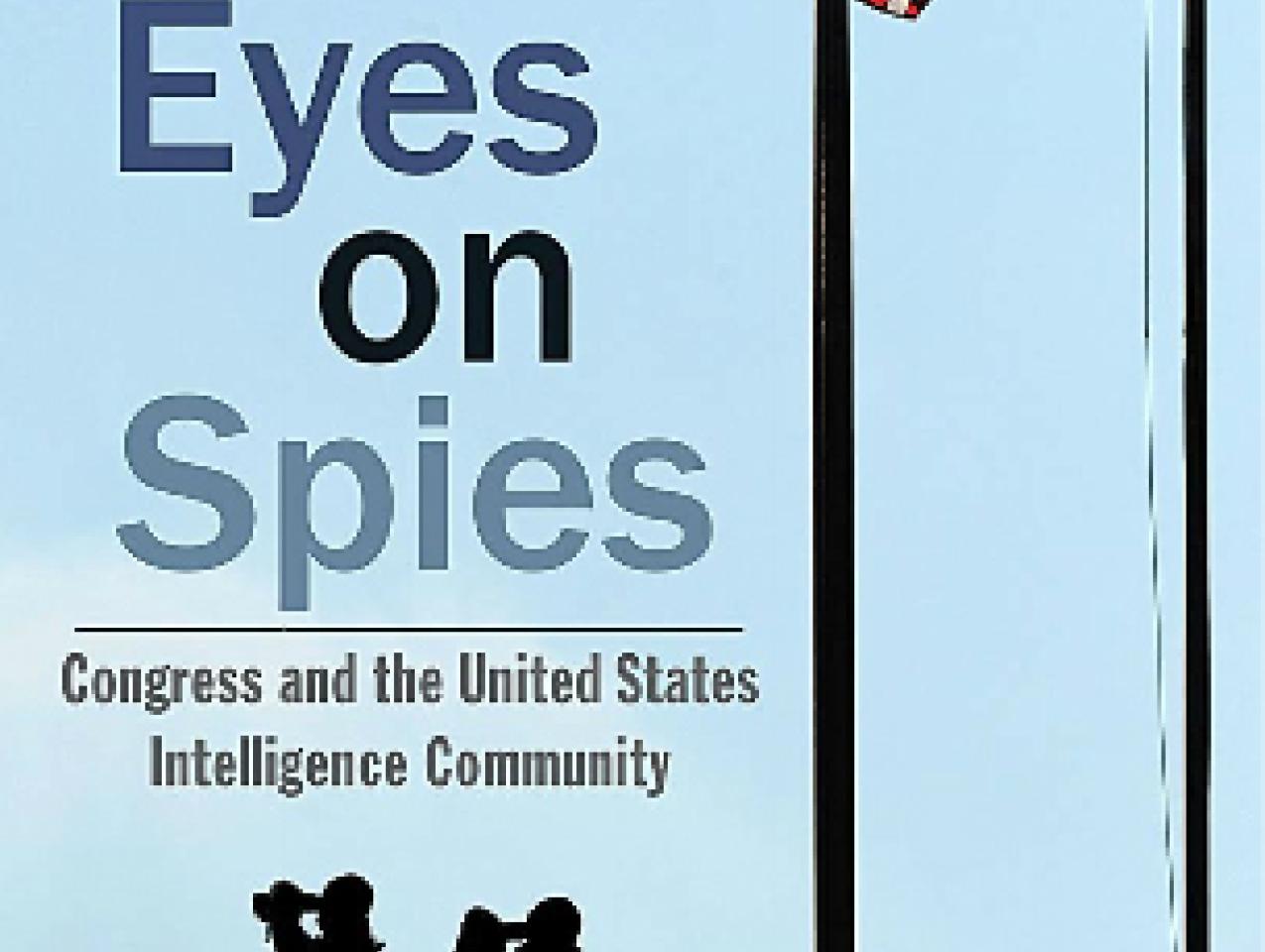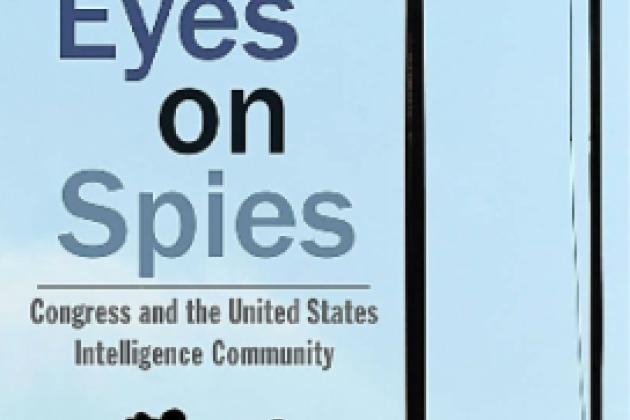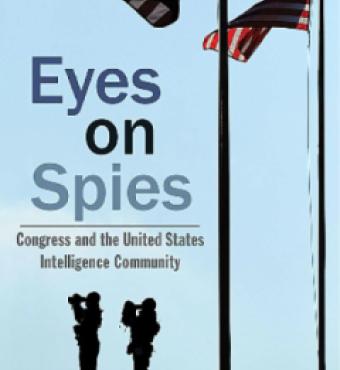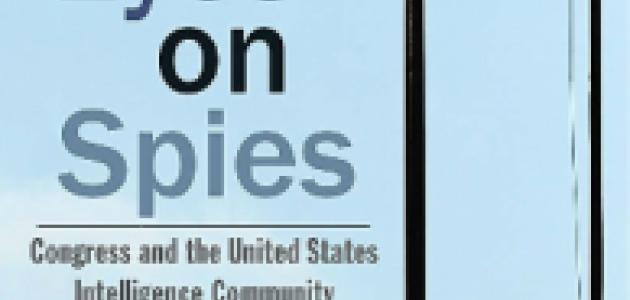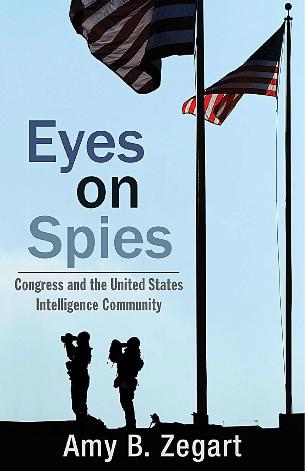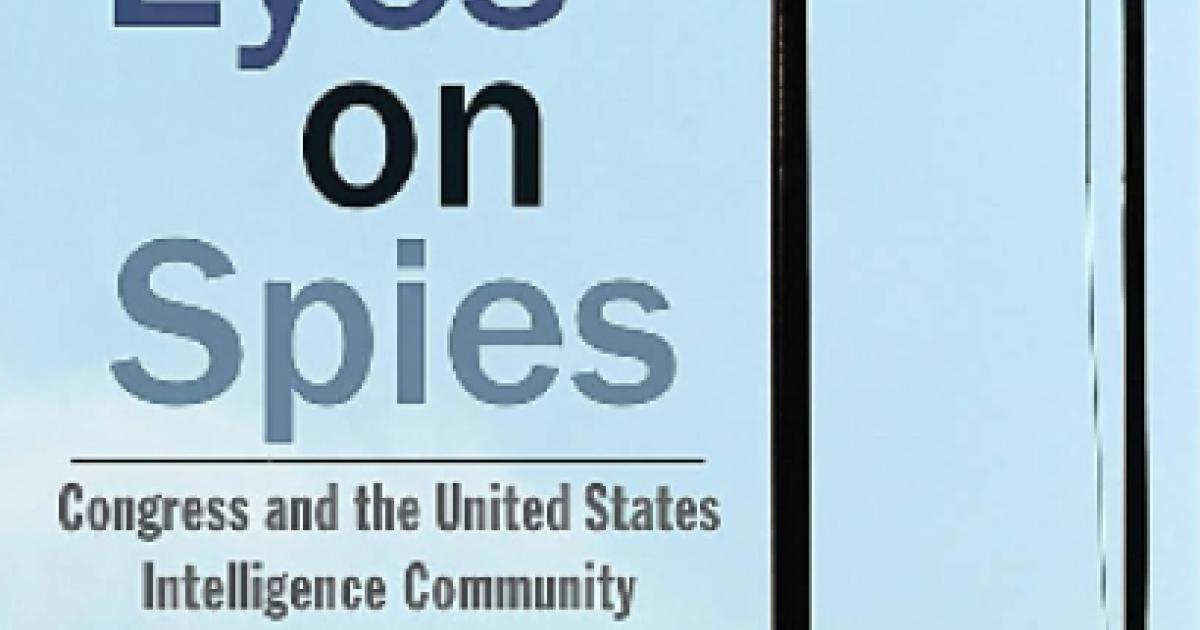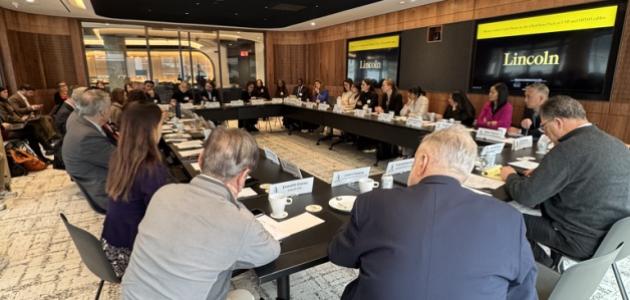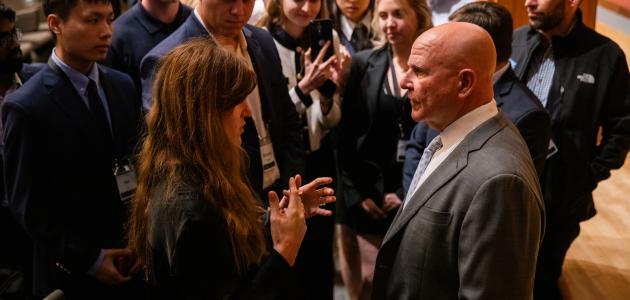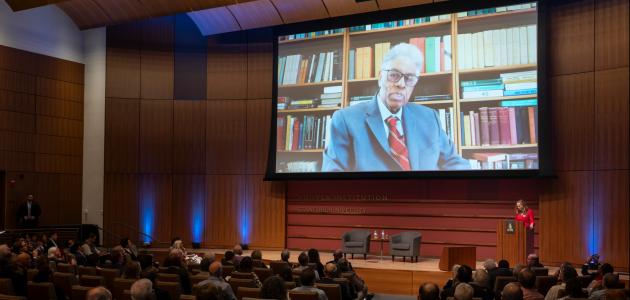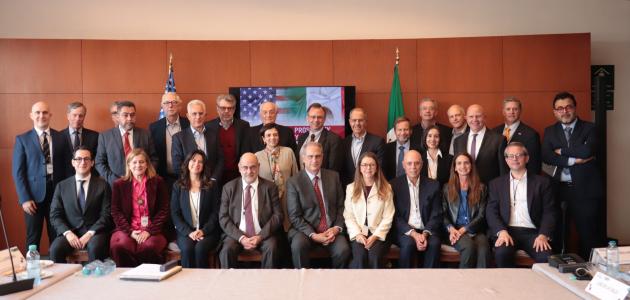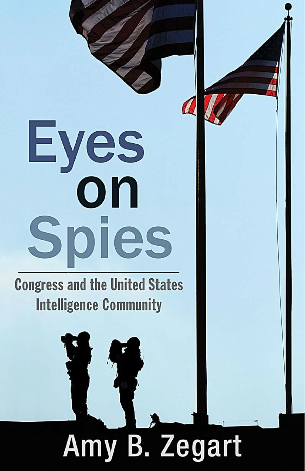
Hoover Institution Press today released Eyes on Spies: Congress and the United States Intelligence Community by Hoover senior fellow Amy Zegart. Zegart's commentary is especially poignant in light of tenth anniversary of 9/11. As the nation evaluates whether we are safer today than we were ten years ago, Zegart examines surprising reasons for weaknesses in the US intelligence community and sheds light on why deficiencies continue to persist. She argues that congressional involvement in intelligence oversight is challenged less by which individuals or political parties control the White House and more by the basic flaws that exist in congressional practices and procedures. If policy makers hope to effect positive intelligence reform, Zegart points out that an understanding of the true root of the problem is necessary.
In Eyes on Spies, Zegart writes that intelligence oversight problems “are intimately tied to the two most valuable prizes in legislative politics: winning reelection and guarding congressional committee jurisdictions.” Zegart reminds readers that intelligence is a complicated policy area that requires large up-front investments of time from members of Congress with little to gain politically; she asserts that controversial policies are often fraught with political risk and require toiling away in secret without any promise of public prestige. Because of this, Zegart argues, the average reelection-minded member of Congress is likely to spend as little time as possible on intelligence issues. Ultimately, Zegart affirms that, although the intelligence system is rationally designed to serve the reelection interests of individual legislators and protect congressional committee turf, it is poorly designed to serve the national interest. Further, she suggests that Congress make a number of internal changes to improve oversight. Protecting our nation from another 9/11 should be Congress's top priority; however, Zegart concludes that as long as members of Congress continue to protect congressional committee prerogatives and engage in every-man-for-himself calculations of political self-interest, the current inadequacies in intelligence oversight are unlikely to improve.
Amy Zegart is a senior fellow at the Hoover Institution. Previously she was a professor of public policy at the UCLA Luskin School of Public Affairs, as well as a fellow at the UCLA Burkle Center for International Relations. She has been featured in the National Journal as one of the ten most influential experts in intelligence reform.
For more information on Eyes on Spies: Congress and the United States Intelligence Community, visit HooverPress.org or Facebook. For more information on the Hoover Institution, visit Hoover.org, find us on Facebook, Twitter, or Scribd (keyword:Hoover Institution).







